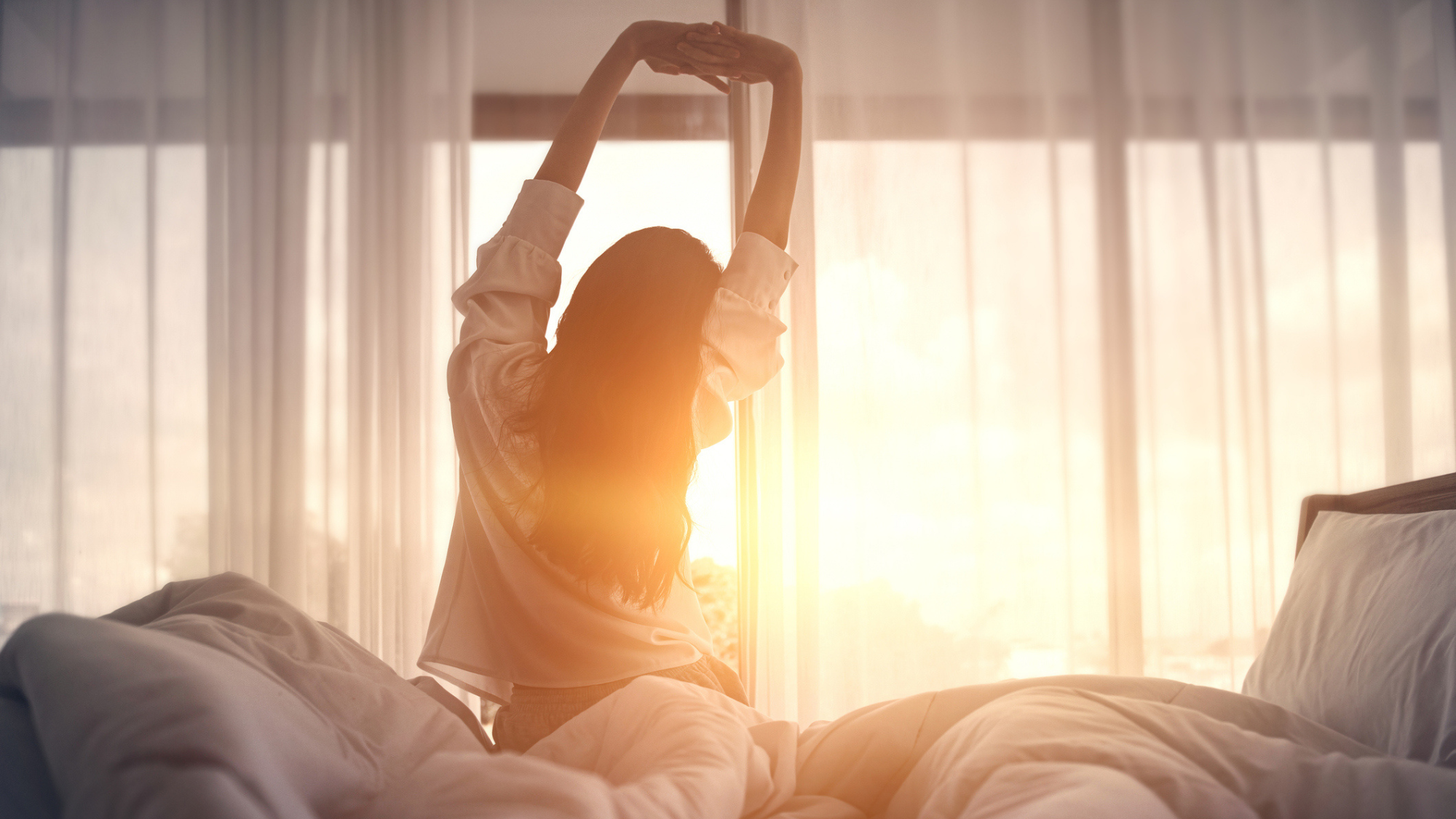Stay-at-home girlfriends: why Gen Z are rejecting 'girlboss' culture
'Soft girl' trend reflects disillusionment with the corporate ladder but has 'huge financial risks'

A free daily email with the biggest news stories of the day – and the best features from TheWeek.com
You are now subscribed
Your newsletter sign-up was successful
"The girlboss era is decidedly over," Vanity Fair said last year. And this reported demise has coincided with a growing trend of young women ditching their careers for more leisurely pursuits.
Videos of so-called stay-at-home girlfriends (SAHGs) "narrating their day while twinkly music plays in the background" are gaining millions of views on social media, said Cosmopolitan. But "the life of a SAHG is risky, to say the least".
The good
TikTok shows SAHGs "puttering around modern high-rise apartments, pushing Dyson vacuums and spoiling small dogs", said Rory Satran in The Wall Street Journal. "They talk slowly" and appear "unbothered". These women are aspiring to a "softer life", away from that of "mid-2000s 'girlboss' hustle culture".
The Week
Escape your echo chamber. Get the facts behind the news, plus analysis from multiple perspectives.

Sign up for The Week's Free Newsletters
From our morning news briefing to a weekly Good News Newsletter, get the best of The Week delivered directly to your inbox.
From our morning news briefing to a weekly Good News Newsletter, get the best of The Week delivered directly to your inbox.
SAHGs are "the influencer community's true prophets of female ease", said The Washington Post's Monica Heese. Unlike the "tradwife" – a "modern coinage for a TikTok-fluent married woman who keeps house, extols 'traditional' values and yields to her husband" – the SAHG set's motto is "I dream of feminine leisure".
These women's days are packed with "elaborate skin, fitness and food routines that keep their bodies beautiful and their lives serene", not just for their own pleasure but also to charm their boyfriends, "who are, after all, funding the whole shebang".
Yet a "common thread" ties SAHGs and tradwives together: "the concept that liberation is overrated". Today, "women are allowed to have successful careers", but the amount of work it takes to run a household hasn't decreased. And when that domestic burden still disproportionately falls on women, "who wouldn’t dream of feminine leisure?"
The bad
The "seemingly harmless" charms of soft girl living "blend a little too easily into old-fashioned manifestations of gender", wrote psychologist Vanessa Scaringi for Time. The "performative shift" towards financial dependence on a usually male provider "is alarming on many levels".
A free daily email with the biggest news stories of the day – and the best features from TheWeek.com
These are "old ideas with fresh taglines", said CNBC. Tradwives and SAHGS "are pretending they have agency over their choices", author and campaigner Eve Rodsky told the news site, but they are "taking huge economic risks". Financial dependence can signal "a loss of power or control".
And while stay-at-home spouses have more financial support if a relationship ends in divorce, SAHGs don't, financial expert Farnoosh Torabi told Cosmopolitan – so "what happens when you go from being a stay-at-home-girlfriend to just a stay-at-home girl"?
The reality
There's an "irony" to much SAHG social media content, said Satran in the WSJ. These videos "paint a picture of a life of leisure lifestyle", but often "omit the nitty-gritty reality of influencer hustling" as a content creator.
Even if a lot of SAHGs say that they are living the good life, these "tales of fulfilment, relaxation and empowerment" must be balanced against "stories of breakups, professional struggles, boredom and insecurity".
In reality, "life isn't effortless", Scaringi told Time, "and if we want to be fulfilled, it can't be". It's true that "whenever we are too invested in our careers, we lose out on so much life". But "the extreme pendulum swing in the direction of 'soft girl' also lands us in troubling waters".
Julia O'Driscoll is the engagement editor. She covers UK and world news, as well as writing lifestyle and travel features. She regularly appears on “The Week Unwrapped” podcast, and hosted The Week's short-form documentary podcast, “The Overview”. Julia was previously the content and social media editor at sustainability consultancy Eco-Age, where she interviewed prominent voices in sustainable fashion and climate movements. She has a master's in liberal arts from Bristol University, and spent a year studying at Charles University in Prague.